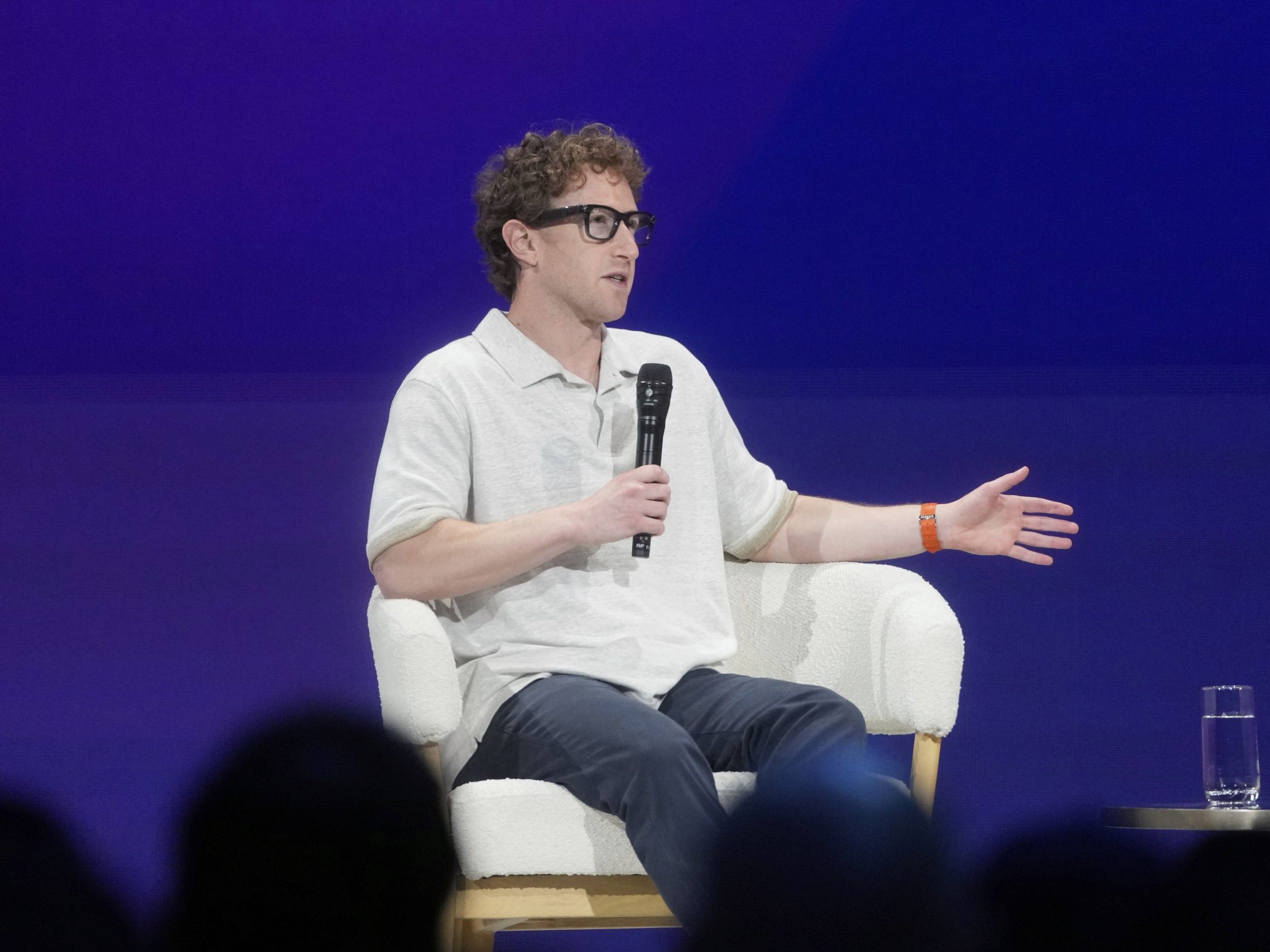Copyright Lawsuit Dismissed: AI May Learn with Real Books

A ruling in San Francisco is attracting international attention: The technology company Meta may continue to use copyrighted books to train its AI models. A U.S. federal court decided this on June 25, 2025. Several authors had filed a lawsuit, claiming their rights were violated by the use of their works. The presiding judge dismissed the case, as the plaintiffs had not provided sufficient evidence of economic harm. However, the ruling applies exclusively to this specific case and leaves the fundamental question of the permissibility of AI training with copyrighted works open.
Plaintiffs Failed with Argumentation
The lawsuit was filed by about a dozen writers, including prominent names like Ta-Nehisi Coates and Richard Kadrey. They accused Meta of using their books without consent, particularly through sources like LibGen – a so-called shadow library with unauthorized copies of numerous works. The authors aimed to prevent the practice of unsolicited text mining of copyrighted content.
Fair Use as Legal Basis
Judge Vince Chhabria dismissed the lawsuit. He argued that Meta's use fell under the Fair Use doctrine applicable in the USA. The decisive factor was that the content was used for the development of a new, transformative technology. However, the judge made it clear that this does not constitute a general justification for the use of protected works – the plaintiffs simply had not provided sufficient arguments.
Significance Beyond the Individual Case
The decision is part of a series of similar rulings. Earlier in the week, another U.S. court ruled in favor of the AI startup Anthropic, which had trained its models with legally scanned books. In both cases, it remains unclear how courts will handle content from unauthorized sources in the future.
Market Impact as a Possible Sticking Point
The judge pointed out that future lawsuits might have greater chances of success under the aspect of market harm. If AI models contribute to flooding the creative market, it could have long-term negative effects for authors. However, a final legal assessment is still pending – many similar cases are ongoing.
This article has been automatically translated, read the original article here.





